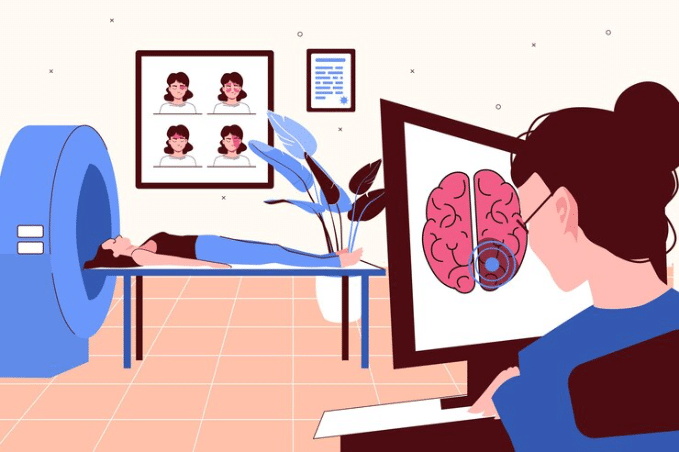Investigating How Sleep Disorders Interfere with Brainwave Function and Affect Cognitive Function
Investigating How Sleep Disorders Interfere with Brainwave Function and Affect Cognitive Function
Blog Article
Sleep is an essential part of our daily lives, allowing our bodies and mental faculties to repose and rejuvenate. However, many people suffer from slumber disorders, which can considerably disrupt sleep patterns. These disorders can result to multiple issues, including changes in neural wave activity. Brainwaves are electronic signals in the brain that reflect our cognitive state and function. When sleep is interrupted, the typical patterns of brainwaves can be affected, resulting to problems with cognitive function, such as recall, focus, and judgment.
There are several types of slumber disorders, including insomnia, slumber apnea, and restless leg syndrome. Sleeplessness is characterized by difficulty falling or remaining asleep, while sleep apnea entails interruptions in respiration during slumber. Restless leg syndrome induces uncomfortable sensations in the limbs, leading to an irresistible desire to shift them. Each of these disorders can disrupt the normal sleep cycle, which comprises of various stages, including shallow sleep, deep sleep, and REM (rapid eye movement) slumber. Each stage plays a crucial role in maintaining overall cognitive health and function.
When slumber disorders interfere with these stages, brainwave activity can become irregular. For instance, during profound sleep, the brain generates slow delta waves, which are important for bodily restoration and memory consolidation. If a person undergoes frequent awakenings or does not attain deep sleep, the production of these delta waves is diminished. This can lead to difficulties in learning new knowledge and retaining memories. Additionally, REM sleep, which is linked with fantasizing and emotional processing, is also impacted. Disruptions in REM sleep can result to issues with emotional regulation and creativity.
The effect of slumber disorders on mental function is significant. Research has demonstrated that people with sleep disorders often face difficulties with focus and focus. This can affect their capability at school or work, making it difficult to complete tasks or participate in discussions. Furthermore, long-term slumber deprivation can result to mood changes, increased stress, and even anxiety or depression. These cognitive and affective challenges can create a cycle, where poor sleep results to cognitive difficulties, which in turn can lead to more slumber problems.
Tackling sleep disorders is crucial for enhancing brainwave activity and mental function. Treatment options may encompass habitual changes, such as establishing a you can look here regular slumber schedule, creating a cozy sleep environment, and engaging in relaxation techniques. In some cases, clinical intervention may be necessary, such as employing a CPAP machine for slumber apnea or pharmaceuticals for insomnia. By prioritizing sleep and seeking appropriate care, people can improve their overall cognitive abilities and improve their quality of life. Comprehending the relationship between slumber disorders, brainwave activity, and cognitive function is an essential step toward improved health and well-being.